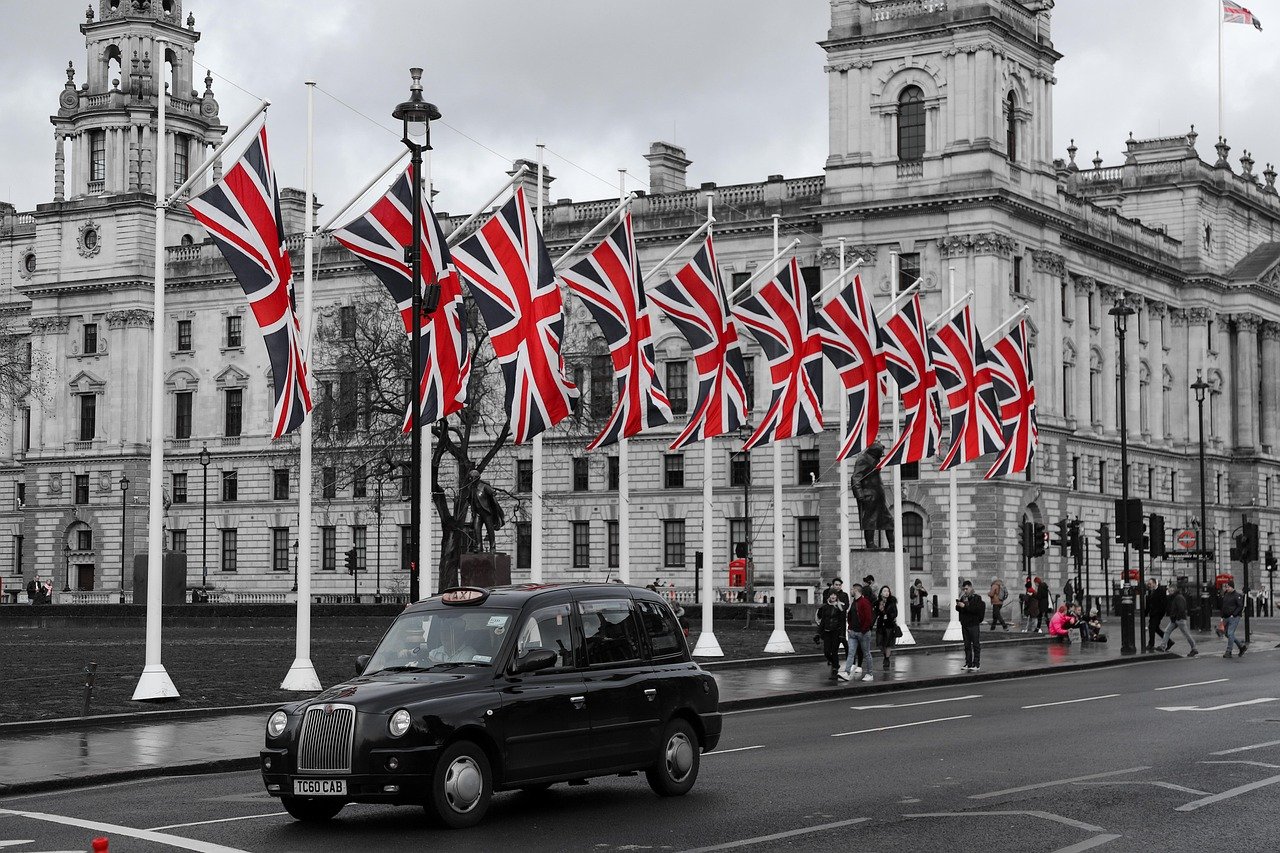
In the 21st century, British identity is no longer a static concept but a dynamic, evolving tapestry woven from centuries of migration, cultural exchange, and now, digital innovation. The UK is home to myriad communities whose stories are reshaping what it means to be British in profound and exciting ways.
From the bustling streets of London’s East End to the coastal villages of Cornwall, local voices are amplified by social media platforms, podcasts, and immersive digital projects that celebrate diverse backgrounds. Digital storytelling — whether through TikTok, YouTube, or virtual exhibitions — has become a powerful tool for sharing personal histories and cultural narratives that might otherwise have been overlooked.
“Storytelling is the heartbeat of identity,” says digital anthropologist Dr. Amina Khalid. “When people share their experiences online, they build empathy and understanding across communities, helping to bridge historical divides.”
One striking aspect of this digital renaissance is the rise of second-generation immigrants who blend British customs with their ancestral cultures, creating new hybrid identities. For example, British-Pakistani vloggers often explore themes of tradition, modernity, and belonging, engaging millions of viewers globally.
Moreover, regional identity is experiencing a renaissance. Digital media has empowered communities in Scotland, Wales, and Northern Ireland to showcase their unique languages, arts, and histories, contributing to a richer, multi-layered national narrative. Welsh-language podcasts, Gaelic storytelling apps, and Ulster-Scots YouTube channels reflect this vibrant resurgence.
A 2024 study found that 72% of young Britons feel digital media has positively influenced their understanding of cultural diversity.
Join thousands of UK professionals who count on Zaheloe for fresh insights, market trends, and expert analysis — your daily advantage in a rapidly evolving world.
Begin Your Journey NowDespite these advances, the journey is not without challenges. Debates around national identity, immigration, and cultural integration continue to surface in political discourse. Yet, many argue that digital platforms provide a new frontier for dialogue and connection — offering spaces where nuanced conversations can flourish beyond traditional media limitations.
Artists, filmmakers, and writers are also harnessing technology to challenge stereotypes and amplify underrepresented stories. Virtual reality exhibitions exploring Black British history or interactive web documentaries about the Windrush generation allow audiences to engage with history in immersive ways.
As British identity continues to shift, it is increasingly defined by inclusivity, innovation, and the sharing of stories that celebrate difference. This evolving mosaic underscores a broader truth: identity is not a fixed destination but an ongoing conversation shaped by voices old and new.